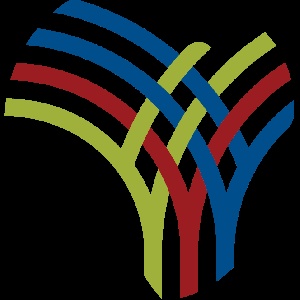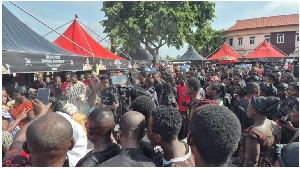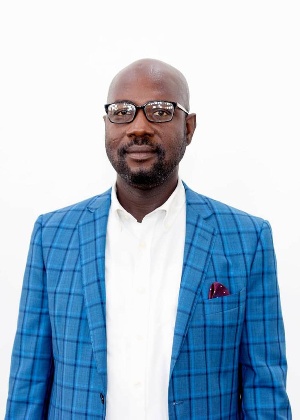Africa News of Friday, 4 April 2025
Source: www.ghanawebbers.com
Kenya: Amnesty Welcomes Kenya Court Ruling Allowing $2.4b Lawsuit Against Meta for Fueling Violence, Killings Amid War in Tigray
**Amnesty International Welcomes Kenyan Court Ruling on Meta**
Amnesty International has praised a ruling by Kenya's High Court. The court decided it can hear a case against Meta, Facebook's parent company. This case involves allegations that Meta contributed to "ethnic violence and killings" during Ethiopia's Tigray war.
The plaintiffs are Ethiopians Abrham Meareg and Fisseha Tekle. They are joined by the Katiba Institute, a Kenyan constitutional research group. They seek a $2.4 billion restitution fund for victims of hate and violence allegedly incited on Facebook.
The petitioners accuse Meta of promoting harmful content. They claim the platform's algorithm amplified hateful and dangerous posts. These actions allegedly led to serious human rights violations during the conflict.
Abrham Meareg says his father was killed due to inciteful posts on Facebook. His father, Meareg Amare, was a university professor at Bahir Dar University. Abrham expressed gratitude for the court's decision, stating that African lives matter.
Fisseha Tekle faced online hate for his human rights work in Ethiopia. He believes Meta cannot undo its damage but can improve content moderation practices.
The ruling follows Amnesty International's reports on Meta’s inaction regarding harmful content during the war. The organization noted that Meta ignored warnings from local civil society groups. One partner described the company's response as "extremely slow" and lacking context.
Among those cited was Professor Meareg, whose personal information was shared online before his death. Another case involved Freweyni Hetsay, who lost family members due to hate speech spread on the platform.
In its ruling, the court stated it had jurisdiction because it needed to determine if rights were violated. It referenced Section 165 of Kenya’s Constitution about substantial legal questions requiring an uneven number of judges. The case will be referred to Kenya’s Chief Justice for a bench appointment.
Mandi Mudarikwa from Amnesty International called the ruling "a positive step." She said it challenges an era of impunity for tech companies like Meta. Victims often struggle to access justice due to restrictive terms of service.
Mudarikwa added that this ruling offers hope for marginalized groups seeking justice worldwide. She urged tech companies to prioritize human rights over profit.
Meta has challenged Kenyan courts' jurisdiction, claiming its terms restrict claims to U.S. courts. After the ruling, Meta sought permission to appeal and continued efforts to dismiss the case.











